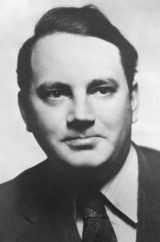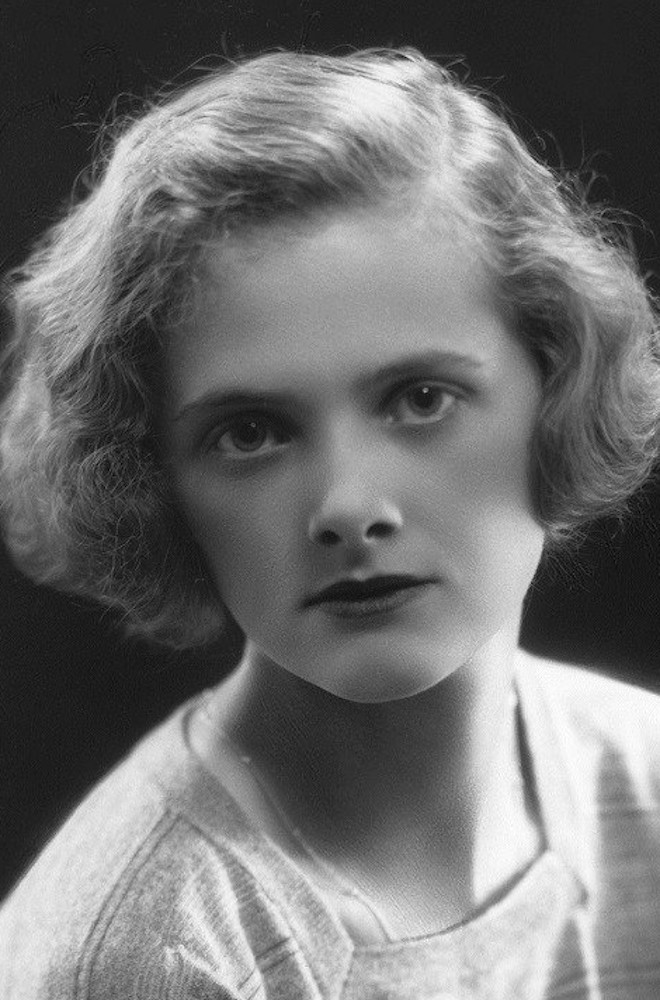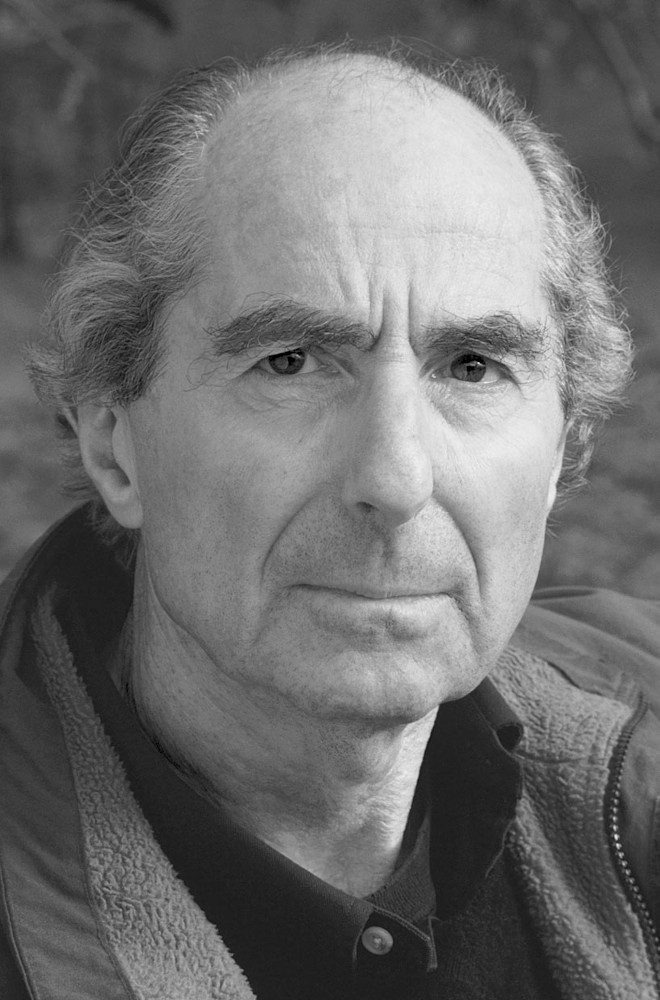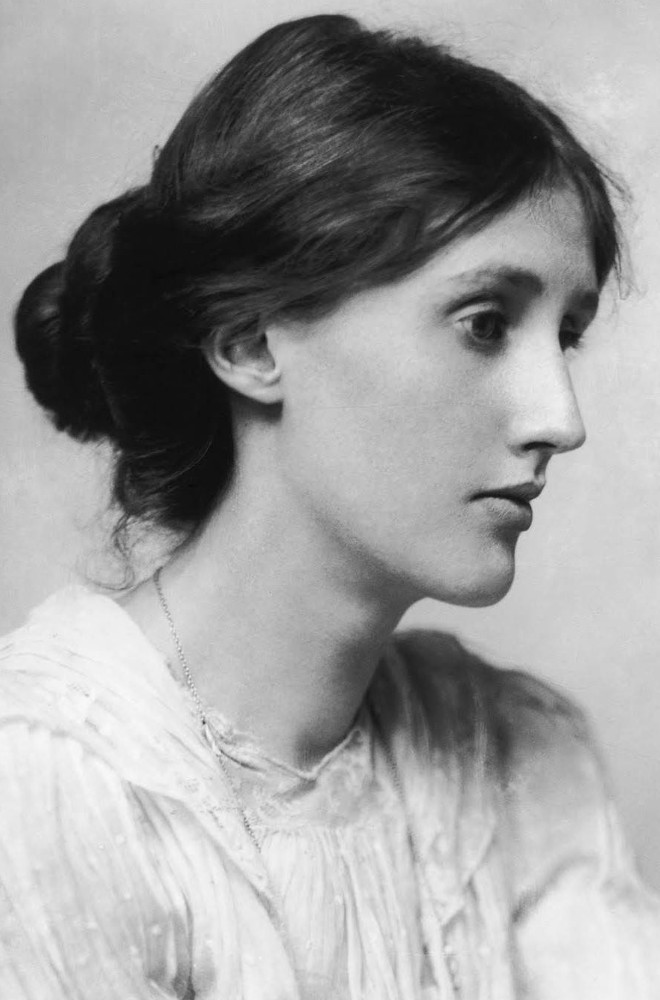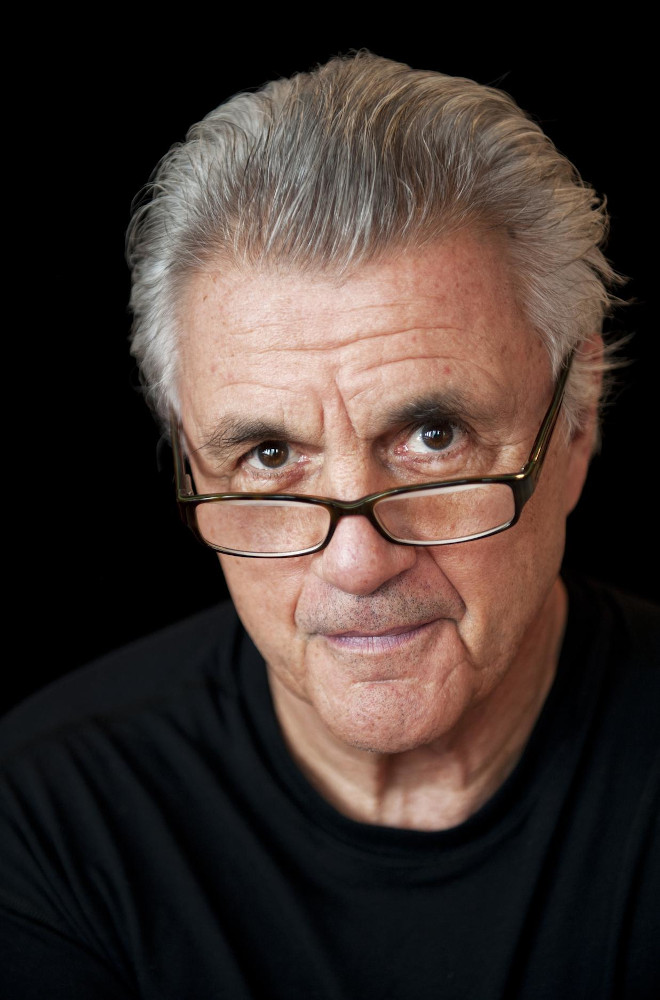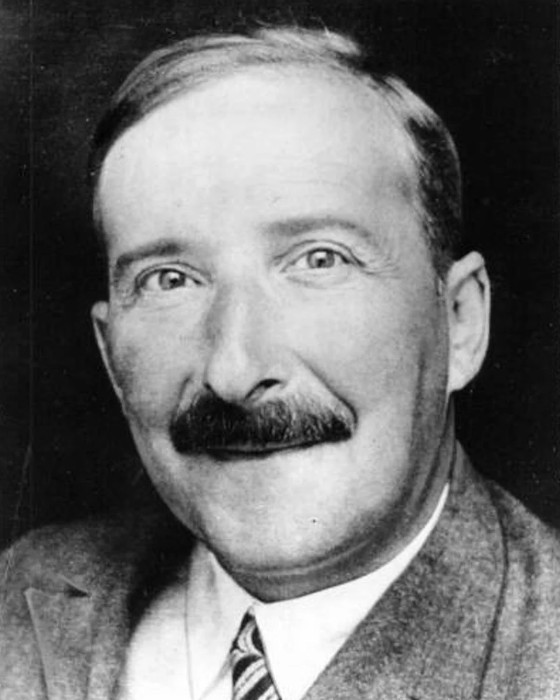 One of the Greatest
One of the Greatest
If you have ever been to a bookstore in the last hundred years or so, you have probably come across the name Stefan Zweig. He was one of the most notable novelists of the twentieth century and he also had his hands in playwrighting, journalism, and biography writing. He had been one of the most successful writers of his generation and almost all of his books are still being printed in countless languages.
He was born into a well-off Jewish family with his father being a textile business owner and his mother belonging to a banking family. He was forced to flee his home country of Austria-Hungary with the Nazi movement gaining popularity in Europe. After staying in the United Kingdom for six years, he would first move to New York for a few months and then to Brazil where he would spend the rest of his life.
Inspirations and Delusions
As I will be going over some of the best Stefan Zweig books, you will probably notice some recurrent subjects in his work. The biggest ones among these are the Freudian concepts of sexuality and human nature along with the author’s grim and borderline delusional predictions about the future of Europe as a result of the war that he suffered through.
Best Stefan Zweig Books
| Photo | Title | Rating | Length | Buy |
|---|---|---|---|---|

|
Chess Story | 9.86/10 | 106 Pages | Check Price On Amazon |

|
The World of Yesterday | 9.98/10 | 472 Pages | Check Price On Amazon |

|
Beware of Pity | 9.74/10 | 392 Pages | Check Price On Amazon |

|
Marie Antoinette | 9.92/10 | 496 Pages | Check Price On Amazon |

|
The Post-Office Girl | 9.44/10 | 274 Pages | Check Price On Amazon |
Chess Story

 Days Before His Suicide
Days Before His Suicide
Starting off the article on a good note, we have one of the best selling Stefan Zweig books and a classic of world literature. Sometimes translated to English as “The Royal Game”, Chess Story is the latest book intended to be published by the author. In fact, Stefan Zweig would send the manuscript of the piece just a few days before his suicide.
It is a novella about two exceptional men who are both passengers on a travel ship going from New York to Buenos Aires. We are first introduced to the bitter and unsympathetic world champion of chess as he ruthlessly obliterates anyone daring to play a game with him. Then, the second man is introduced to us as he starts helping the champion’s opponents and turns around the games.
Written in Dark Times
The book obviously carries a lot of great content for chess lovers. More than that though, it tells a story of the cruelty of the Second World War and the strength it took for its victims to be able to live through it. Keep in mind, this book was written somewhere around nineteen-twenty-two so the war was not going to end any time soon and the tides actually seemed to be in the Nazi’s favor.
The World of Yesterday

 Europe and Vienna
Europe and Vienna
Taking second place on our list, we have The World of Yesterday. It is a non-fiction memoir book about the Austria-Hungary empire and especially the author’s hometown Vienna, it is also among the most popular Stefan Zweig books. Another big thing to mention is that Stefan mailed this piece to his publisher together with the previous book Chess Story, days before his death.
The contents of the book can be thought of as a very elaborate suicide note on the author’s part. The main point it makes is the frustration Stefan feels because of the then-current state of Europe and Austria. He makes it clear that he expected things to get better after the First World War. He had hoped that we, the smartest known beings in the entire universe, would be able to learn a thing or two from it.
A Great Memoir
To get back on the subject, the book also contains thirty-four illustrations of Stefan and Austria-Hungary. Along with that, there is a chronological list of Stefan’s life-deciding experiences and a bibliography of all the works concerning the author that was prepared by Randolph Klawiter. All in all, it absolutely has a place among the best Stefan Zweig books. I would even go as far as to say it might be one of the best memoirs ever written by anyone.
Beware of Pity

 Selfishness in our Core
Selfishness in our Core
Beware of Pity is one of the best Stefan Zweig novels according to the public and it will be the third book I will try to give you a glimpse of in this article. Although it is a novel and therefore a fictional story written for entertainment, it is actually a philosophical book about emotions under its surface. The author very subtly explores how selfishness is related to our emotions and actions in general.
It shares with us the story of an Austro-Hungarian cavalryman named Hofmiller. He serves his country in one of its most isolated corners and he is fully submerged in frustration. This is why he accepts it without a thought when a local man possessing a considerable amount of wealth invites him over to a home party. While enjoying himself during the evening, he will ask the host’s quadriplegic daughter for a dance which will turn out to be his demise.
Bold and Unique
When I was reading this book I could not help but wish Stefan had written more novels in his time. He has a bold and unique writing style that just comes out to you with all the world’s grimness. You get the sense that he decided the plot of the book was wholly meaningful before starting to write it out and never doubted it as he was doing so. It is my personal best Stefan Zweig novel and I do recommend you check it out.
Marie Antoinette: The Portrait of an Average Woman

 “Average Woman”
“Average Woman”
Next up on our Stefan Zweig book list we have the first biography in the article, Marie Antoinette: The Portrait of an Average Woman. To give you some context, Marie Antoinette was the Queen consort of France during the French Revolution who met her death under the infamous guillotine blade. Her being an “average woman” is meant to represent the not-so-royal events in her life that I will go over in a second.
It talks about the just fourteen years old Marie turning Versailles upside down, her being married to a man who can be called nothing but repulsive, and what would be the scandalous love affair she had with Count von Fersen of Sweden. In the end, though, it expectedly talks about how the French Revolution took the whole country by storm and the inevitable chaos it brought upon the land.
Victims of a Miracle
What really impressed me about this biography was the humane approach the author handled it with. He talks about it as not just a miracle of human society but as a cataclysmic event that affected countless people. Thus, he is focused on the emotions of the Revolution’s victims. Being the most famous victim of it, Marie Antoniette gets the title of course.
The Post-Office Girl

 Wonders of Wealth
Wonders of Wealth
We are continuing our search for the best Stefan Zweig book with another novel by the author, The Post-Office Girl. There is one thing you should keep in mind about the book though, most of the text in it was written by Stefan himself but he never went on to publish it during his life. Not because he did not have the opportunity but simply because he did not want to as he sent out the scripts he wanted to be published before his passing.
It tells the story of a youthful but financially struggling Christine’s life. Working as a postal worker, the woman does not have the time or the luxury of experiencing the finer things in life during her daily life. When she gets the opportunity to take an unimaginably wonderful vacation as luck strikes, we witness her eyes opening up to all the commodities and ease of life that money can afford a person.
Nothing to Lose
There are two main talking points about the book that I have taken note of. The first one is about the setting of the book. It takes place after the First World War and heavily cues how soldiers and their families were left in poverty after their duty. The second point is a much more personal one. It is how much a person can change under the right circumstances, especially the circumstance of having nothing to care about.
Amok and Other Stories

 Signaling of the End
Signaling of the End
Amok and Other Stories is a collection of four short stories as you can guess and it is among the top rated Stefan Zweig books in the public eye. A kind of disturbing but absolutely essential detail about the book is that all four of the stories within it revolve around taking one’s life. Suicide or at least suicidal ideation was always a part of Stefan’s writing but this time it is what the writings are all about.
The suicidal elements of all the stories come from the same place, being displeased by yourself. All of the characters have something in their lives that they deem more valuable than themselves whether it be love, a job, or a duty. When these people fail to serve their ambitions as perfectly as they aim to, they go through a downward spiral.
Hints of Freud
This book by Stefan Zweig is the one that I felt most clearly displayed the effects Freud had on his ideas. As I said above, Stefan was very impressed by our favorite early psychoanalyst and the stories here seem to be inspired by that. They include a dark and hard-to-face side of our psyches, obsession. I highly advise you to pick this one if you are comfortable enough with the subject matter.
Journey into the Past

 Love Against Everything
Love Against Everything
The following piece among our Stefan Zweig book reviews is Journey into the Past, a novel that was published a little more than thirty years after the author’s passing. The manuscript of the novel was found after his suicide, just lying to be forgotten forever together with his left behind papers. It is highly debatable if he ever wanted to publish it but it was done so in the end.
As you probably expect from the author at this point, the main event taking place in the book is the First World War. But, this time it is not a story of suffering but one of love that persisted through everything. It is the story of Ludwig who leaves his beloved wife in Germany for a business trip to Mexico. After the First World War starts and he gets stranded, Ludwig is forced to spend his years without his love.
Not Completely Pessimistic
This book is probably the most original work in the author’s portfolio. It is rare to see him depict concepts as touching as loyalty and love. It is even rarer for him to not be completely pessimistic about it. The end product is surprisingly well done for this kind of unfamiliar work by the author. It has everything that made his other novels great and then some more. It is absolutely up there with the best novels by Stefan Zweig.
Amerigo: A Comedy of Errors in History

 Continent of Mistakes
Continent of Mistakes
The time has come for me to talk about my personal best Stefan Zweig book, Amerigo: A Comedy of Errors in History. The title of this book is a fun little gimmick that sets the tone for the book itself. It refers to the fact that America was only named so because earlier maps had it written on the continent as a reference to Amerigo Vespucci’s expedition notes.
The author shares his thoughts, comments, and realization about the United States of America by taking the Vespucci vs. Colombus debate as its basis. He also talks about the different arguments about the nature and nurture of the continent, shares a great deal of historical knowledge, and lays out a basic chronology. All in all, it is a brief history of America.
Laid-Back and Fluent
What makes this book my personal favorite is the tone and style of writing deployed by the author. He handles his subject matter with a very laid-back yet fluent attitude compared to the more serious and radicalized angle he usually prefers to take. I actually think this particular feeling of ease in this book makes his points much clearer.
Twenty Four Hours in the Life of a Woman & The Royal Game

 Brief but Life Changing
Brief but Life Changing
Nearing the end of our Stefan Zweig books ranked article, I will go over Twenty Four Hours in the Life of a Woman & The Royal Game. Now, as you might have noticed this piece actually contains The Royal Game story that we went over as the first piece on our list. So, this review will be about the other story in the book which is actually very different from its counterpart.
At the heart of this story is the forty-two years old and widow of two years, Mrs. C. With his husband gone and her two sons all grown up, Mrs. C. is at a place in her life where she does not know what to do. This is until a young gambler at Monte Carlo draws her attention and gives her a new passion in life after a brief but meaningful interaction.
Prisoned in Society
In essence, Twenty Four Hours in the Life of a Woman is a story about the challenges we face as a person because of the complexities of social structures. It is about being an individual in both our close circles and the wider society. The story takes its place among the best rated Stefan Zweig books thanks to this relatable nature and knowledge inspections of the human mind.
The Collected Novellas of Stefan Zweig

 Stories of Obsession
Stories of Obsession
We are concluding our list of the best books by Stefan Zweig with a rather predictable publication, The Collected Novellas of Stefan Zweig. The collection itself was published rather recently, in twenty-fifteen and it encompasses five novellas that were published before with two of them being pieces we have already gone over and the rest being writings of almost the same quality.
Skipping Chess Game and Journey into the Past, we are left with three novellas. The most striking point that comes up with these stories is that they are all stories of forbidden love or meaningless lust that results in nothing but hardship and trouble for the giving end. They are not just love stories though. They include detailed character studies and valid criticisms of our culture too.
Perfect Starter
I think the thing this book is supposed to be is an introduction to Stefan Zweig’s work for new readers. They encapsulate the spirit of the author and they are carefully picked out as the most light-hearted works he has done. It is overall a great book to see if you will find the work of him to be ingenious as most claim or not.
Final Thoughts
When I try to think of Stefan Zweig as a person, I can not help but get stuck on all of the things he went through. Even throughout the great deal of suffering he was subjected to, he believed in humanity enough to hope for a better future. This is why, even if it is heartbreaking, I don’t think he should be judged for who he was and how he decided to end things. I hope he found peace.
Michael Englert
Michael is a graduate of cultural studies and history. He enjoys a good bottle of wine and (surprise, surprise) reading. As a small-town librarian, he is currently relishing the silence and peaceful atmosphere that is prevailing.
